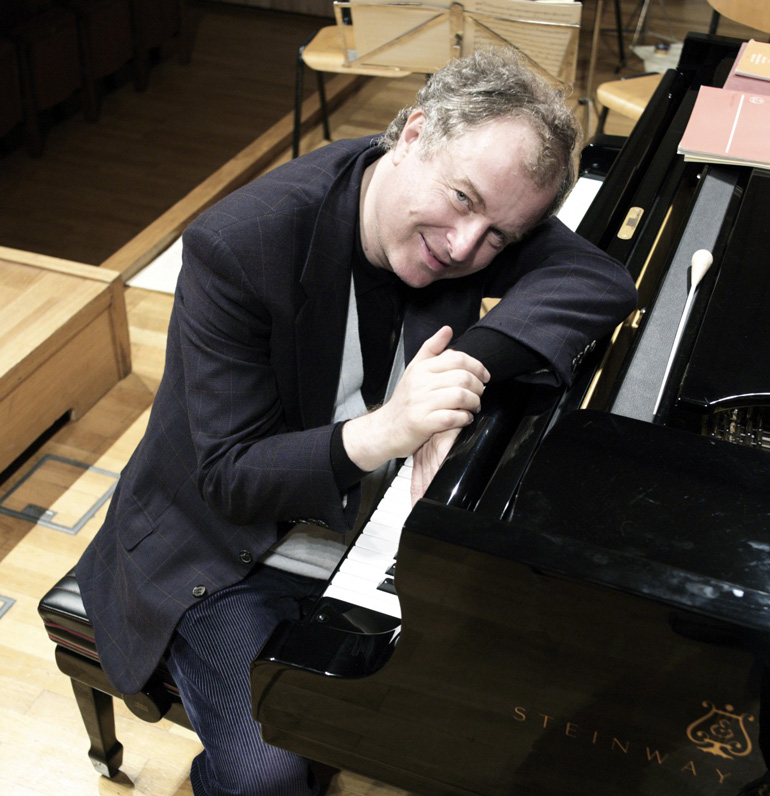
Pianist Sir András Schiff at Koerner Hall. Sunday, Feb. 28.
[Originally published in the Toronto Star]
A concert hall, a piano, and a pair of hands – this was all that was needed for a musically fulsome afternoon with Hungarian Pianist Sir András Schiff.
Even before a note was played, conversations circled the audience recounting Schiff’s past divinations. This appearance marked his fourth performance at Koerner Hall, with a programme composed entirely of final piano sonatas by Haydn, Mozart, Beethoven and Schubert.
Haydn’s Piano Sonata No. 62 was played with a unique emphasis on the extremes of soft and loud, and dark and light. The dynamics were vibrant yet faithful. Schiff’s technique was flawless and left him free to romp around the musical landscapes, unhurried.
Piano Sonata No. 32 was Beethoven’s last composition on the piano, and like many of his late period works focused more on the minutia between the notes. Schiff’s forceful personality underpinned the tumultuous sections against tender moments of inner phrasing. Careful not to resolve the unfolding emotions, Schiff left them undecided, and like Beethoven himself, vacillating.
The remaining Mozart Piano Sonata No. 18 and Schubert’s Sonata No. 21 proved to be the most compelling of the musically divergent sonatas.
Schiff’s Mozart was unexpectedly fluid. He slowed then sped up as if highlighting Mozart as a precursor to Liszt’s romantic stylings. The Adagio lingered in stride and left the remaining third movement with plenty of room to pick up the pace.
The highlight was Schubert’s Sonata No. 21, which Schiff built from the ground up. Schubert had a cyclical form in mind, which prompts an uncommon focus on the architecture of the four movements. A psychological narrative transpired under Schiff’s hands and compelled the audience to step inside of the composition itself.
It was Arthur Schnabel who said that the best music is always better than its performance. As challenging as the music was, Schiff ensured it was well worth the effort.
#LUDWIGVAN
Want more updates on Toronto-centric classical music news and review before anyone else finds out? Get our exclusive newsletter here and follow us on Facebook for all the latest.
- THE SCOOP | Royal Conservatory’s Dr. Peter Simon Awarded The Order Of Ontario - January 2, 2024
- THE SCOOP | Order of Canada Appointees Announced, Including Big Names From The Arts - December 29, 2023
- Ludwig Van Is Being Acquired By ZoomerMedia - June 12, 2023



